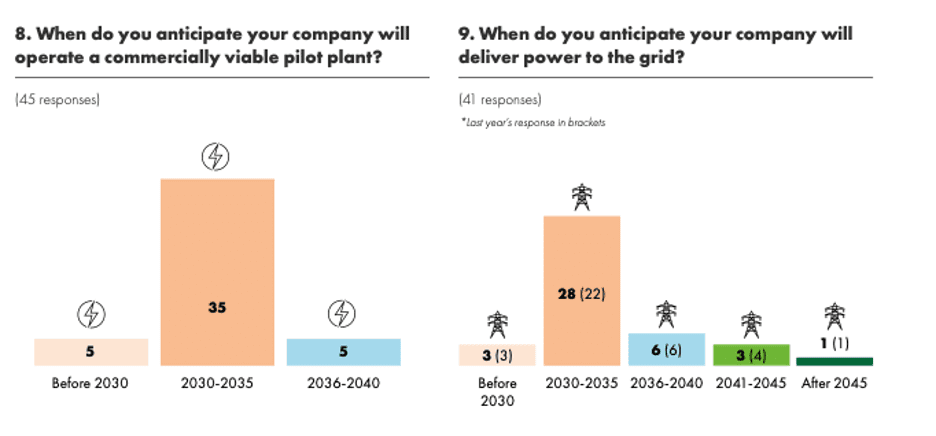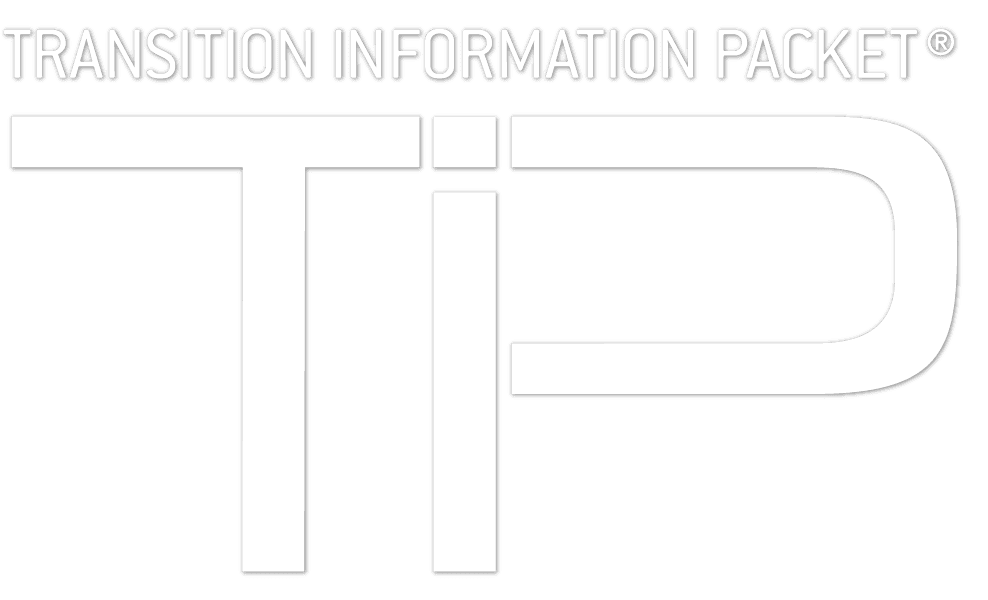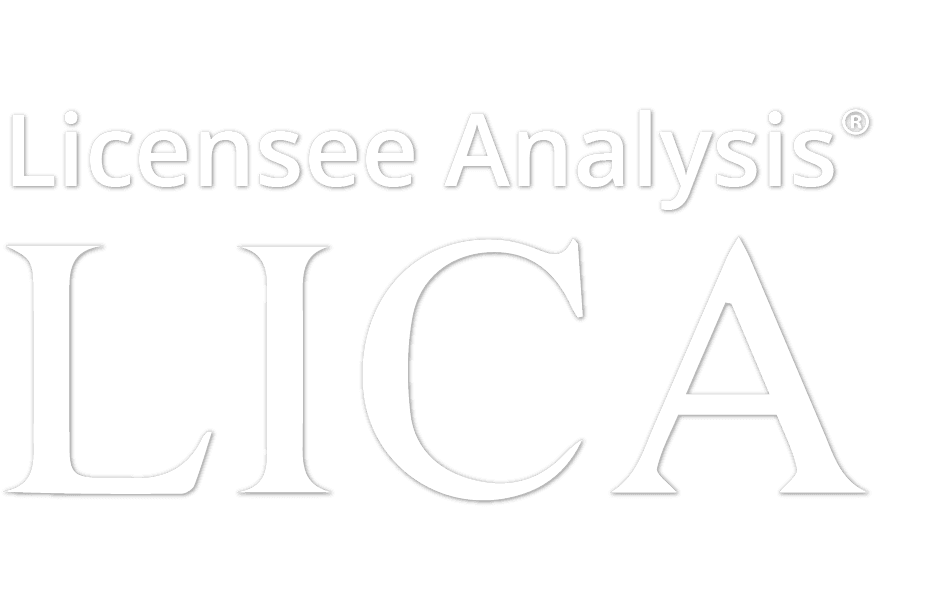While we may have all learned about the water cycle in elementary school, the water that comes out of your tap follows a much more complex process.
Wastewater includes used water or sewerage water from households and industries that are then treated for reuse or for discharging it into the environment. MarketsandMarkets reports that the wastewater treatment market is forecast to reach $65.1 billion by 2024, up from an estimated $48.5 billion in 2019, which is a Compound Annual Growth Rate (CAGR) of 6.1%. Increasing water pollution and scarcity of water are driving growth in the wastewater treatment services market in all the regions. The wastewater streams are treated in a variety of manners and the quality of treated water depends on parameters such as the presence of total dissolved solids (TDS), hardness, the potential of hydrogen (pH) level, and alkalinity. The wastewater treatment process involves several operations such as chemical treatment, settling operation, evaporation, filtration, and others. The service and treatment methods are dependent on the end-use application.
Demand for wastewater treatment services is very high in power generation, and this segment is expected to register the highest revenue growth within this market. However, when segmented by end-user the municipal segment is expected to be the largest end-user segment of the wastewater treatment services market through 2024. Residential wastewater is primarily treated through the municipal wastewater treatment plant. Growth in this segment is attributed to population growth and the scarcity of water resources, which have increased the need for wastewater treatment and water recycling services. These growing needs have simultaneously driven growth in novel treatment methods. The biological wastewater treatment market size is estimated to be $8.7 billion in 2020 and is expected to reach $11.1 billion by 2025, at a CAGR of 5.1%. This market and the processes it uses are segmented into aerobic and anaerobic. Growth in this market is attributed to strict regulations regarding the disposal of wastewater into the environment or for reuse, aging infrastructure, water scarcity & reusability of wastewater, rapidly growing population and industrialization are major drivers responsible for the growth of the biological wastewater treatment market.
The key market players in this market include Veolia (France), SUEZ (France), Xylem (US), Ecolab (India), Evoqua Water Technologies (US), Thermax (India), and W.O.G. Group (US), Golder Associates (Canada), Envirosystems Inc. (Canada), and SWA Water Holdings (Australia). Xylem (US) is a leader in water technology and plays an important role in the manufacturing and service of engineered solutions for water and wastewater applications.
According to the Department of Energy (DOE), wastewater operations are typically the largest energy expense in a community, and reductions in energy usage can lead to significant environmental, economic, and social benefits for these communities. DOE reports that the total annual energy use by municipal wastewater treatment systems in the U.S. is approximately 30 billion kWh, and is expected to increase by as much as 20% in the coming decades due to more stringent water quality standards and growing water demand based on population growth. Furthermore, DOE notes that wastewater contains approximately five times more energy than is needed for its treatment in terms of untapped thermal energy, which can be captured and used to generate energy.
DOE is working with 27 state, regional, and local partners representing more than 100 water resource recovery facilities to accelerate a pathway toward a sustainable infrastructure over the course of 3 years through the Better Buildings Sustainable Wastewater Infrastructure of the Future (SWIFt) Accelerator. In late 2019 the U.S. Department of Agriculture (USDA) Deputy Under Secretary for Rural Development announced that the department is investing $635 million in 122 projects to improve water systems and wastewater handling services in rural communities in 42 states
While several conferences have shifted plans in recent weeks, the DOE 2020 Better Buildings, Better Plants Summit is transitioning to a virtual leadership symposium and includes tracks that may be of interest to firms working in wastewater treatment.







